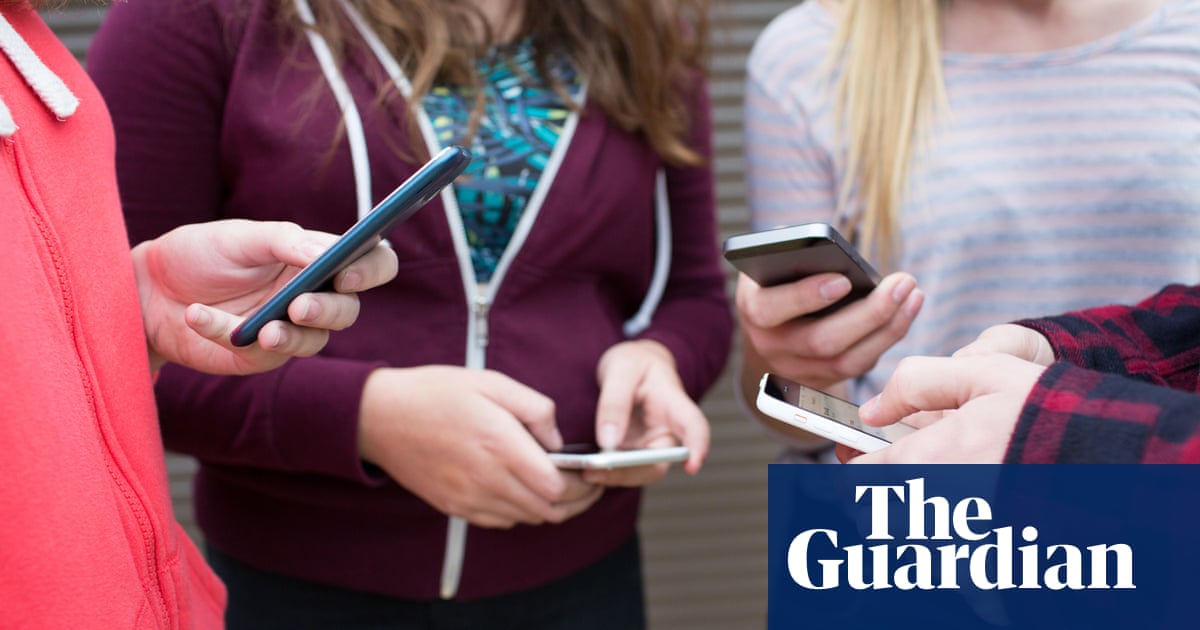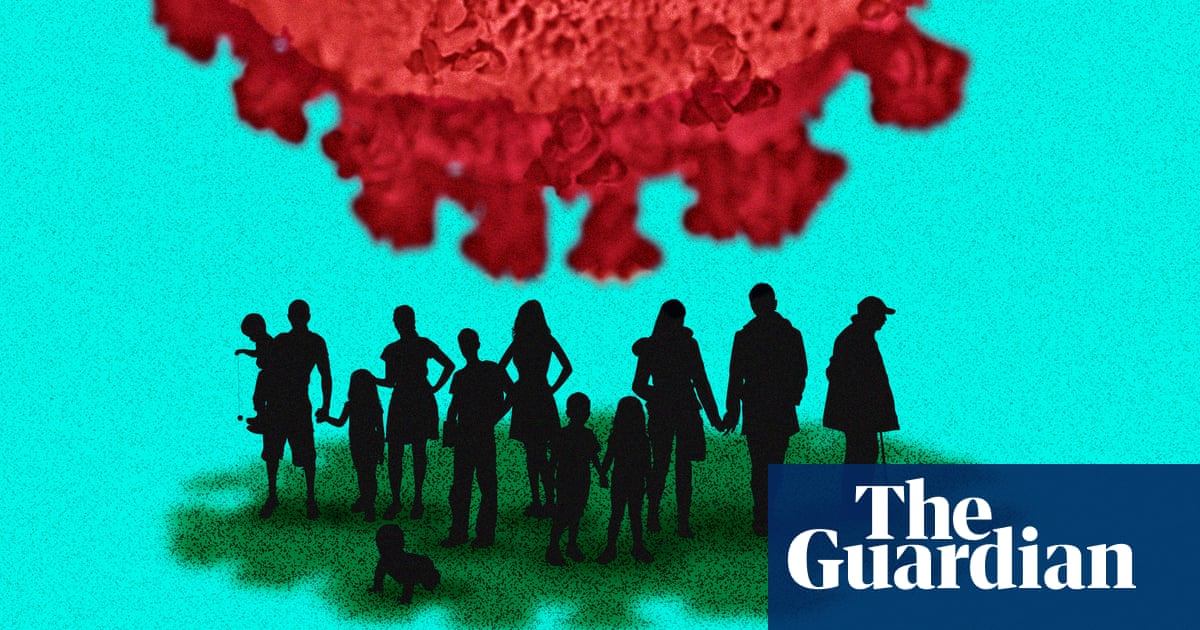This week's best things
The disappearing insta grid, how to stop your data from being used to train AI, the UK considering banning smartphone sales to under-16s, contagious curiosity, an Italian bank goes offline for days, and the effect of the pandemic across generations.

The disappearing Insta grid
A good read from Bobby Allyn in the One Thing newsletter about the increasing prevalence of Instagram profiles that don't have any photos posted 'on the grid'.
"I see Grid Zero more and more often these days.
The motivations are fairly obvious. Taking a stand for some modicum of privacy by depriving lurkers of any digital breadcrumbs, a sort of shield from a rando’s prying eyes. A separation from one’s not-so-distant-but-forever-ago-feeling past. (Probably not much more than a decade ago.) A minor act of resistance in our struggle against data-guzzling social media companies that have compiled personal dossiers on us."
I think it's useful to examine shifts in behaviour like this as it'll help you be more effective when planning and executing your own activity on these platforms.
I also think it tells us something about the direction of travel more broadly, perhaps it is agreeing with some of what Thomas J Bevan has been saying (that I linked to in last week's newsletter) that people are starting to disengage from aspects of the platforms we spend a lot of time on. Maybe this is an early indicator that his hypothesis is true.

How to Stop Your Data From Being Used to Train AI
A question clients are starting to ask us on a regular basis is how they stop their content and data being used to train AI models. It's also something I know many private individuals are concerned about.
"If you’ve ever posted something to the internet—a pithy tweet, a 2009 blog post, a scornful review, or a selfie on Instagram—it has most likely been slurped up and used to help train the current wave of generative AI [...] Tech companies have scraped vast swathes of the web to gather the data they claim is needed to create generative AI—with little regard for content creators, copyright laws, or privacy. On top of this, increasingly, firms with reams of people’s posts are looking to get in on the AI gold rush by selling or licensing that information. Looking at you, Reddit."
This article looks at this problem and proposes some potential solutions (the tl;dr is there's no one, simple fix), with the caveat "it’s worth setting some expectations. Many companies building AI have already scraped the web, so anything you’ve posted is probably already in their systems". It also highlights services such as Have I Been Trained? which allows artists to check if their work has been used to train these LLMs.

UK ministers considering banning sale of smartphones to under-16s
This Guardian article reports on news in the UK that the government may be considering age-limiting smartphone sales.
The article highlights that polling shows that this move would be popular with many members of the British public "a March survey by Parentkind, of 2,496 parents of school-age children in England, found 58% of parents believe the government should ban smartphones for under-16s. It also found more than four in five parents said they felt smartphones were “harmful” to children and young people."

Engineering Contagious Curiosity
An oldie but a goodie.
This 2017 TEDxL'Oreal talk is from Sarah DaVanzo (who at the time was L'Oreal's Vice-President, Consumer & Market Insights & Foresight).
Sarah argues that there is a 'curiosity defecit' which is a result of the increasingly chaotic, complex and demanding environment we all inhabit and that "our brains are conserving energy, reducing our exploratory behaviour, so we do not put ourselves at risk".
In her view, curiosity is hugely valuable, but also requires nurturing and protecting.
She argues that there are four different 'types' of curiosity (lickers, pokers, lookers, and lurkers - yes, these are the actual names she's given each group) that all value different ways of exploring ideas and therefoe require different considerations to thrive and be most effective.
She also highlights the tendency for people to end up spending time with other people who share their 'type' of curiosity and that there is tremendous potential value of pushing people to explore different types of curiosity.
Weekend maintenance kicks an Italian bank offline for days
A slightly anxiety-inducing post about Sella, an Italian bank that has been offline for days.
"Sella is a mid-sized bank in Italy with around $14B in assets under management. However, Since Sunday (7 April), most of its services are inaccessible. The Sella banking app, the Sella Invest app, and internet banking are all down. Two trading apps – Sella XTrading and Sella Trader, continue to operate normally. So, it seems all the banks’ digital properties, except those for trading, have gone down hard."
Most large institutional digital infrastructure sits across a mess of integrated systems and services, many of which are poorly documented, insecure, and unsupported.
Away from maintenance concerns (as seems to be the cause here), the report that was published after last year's cyberattack on the British Library highlighted the risk that legacy systems pose as a potential attack vector.

Young and old: how the Covid pandemic has affected every UK generation
A fascinating and extremely depressing report, again in the Guardian, on how the pandemic has affected different generations in the UK.
From babies whose speech is delayed due to less interaction with other children, and relatives, to rocketing obesity rates in primary school children, deterioration in teenage mental health, massive increases in NHS waiting lists for adults, collapsing rates of 'life satisfaction', and older people left afraid of leaving the house it is, in summary, a shitshow.
It tries to end on a more upbeat note, although I'm not sure how encouraging comparisons with the Industrial Revolution are going to be for people:
“There are parallels with the Industrial Revolution, which was really bad for health inequalities,” said Steves. “But that was followed by a period of philanthropy, government leadership and infrastructure changes. The pandemic does have a legacy that’s important for health. So we need to also think about how this could be a major opportunity.”



